Freezing is, as we all know, a great way to cut down on food waste. Storing food in the freezer pauses the clock, so to speak, for at least a few months, which is better than the few days or weeks we usually get from storing fresh foods in the fridge. But water is tricky. It’s the only (non-metallic) liquid that gets less dense as it freezes. Its molecules rearrange to form a neat, orderly crystal structure, but that crystal takes up more space than liquid water. It can cause textural issues, making your food unpleasant to eat, which makes it more likely to be thrown out…negating the entire act of freezing in the first place. Here are nine foods you should avoid freezing, unless you like separated mayonnaise and gritty dairy.
Milk and cream
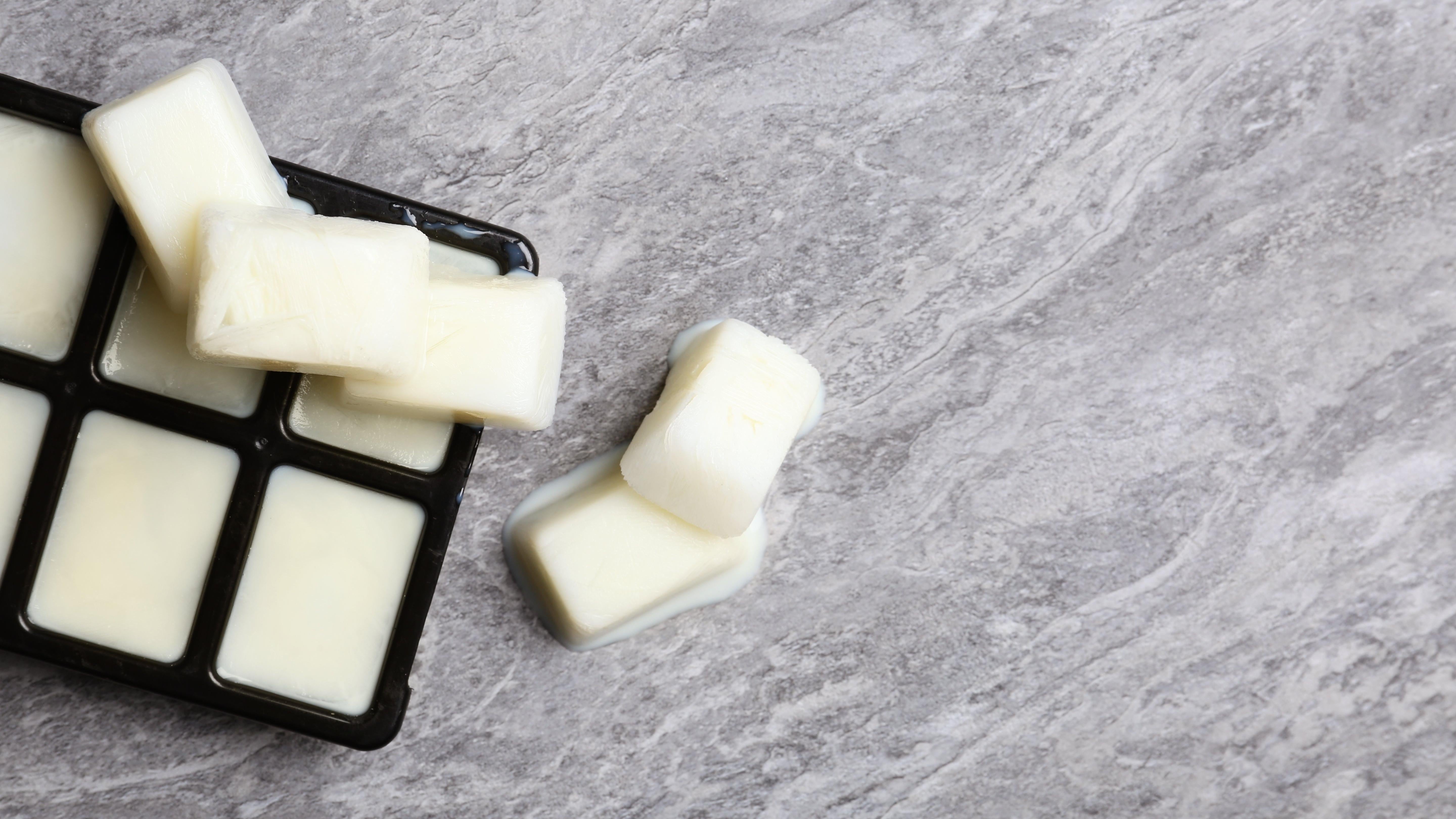
Frozen milk will not hurt you, but it can feel grainy after being thawed. This is also true of cream, though the graininess decreases with higher fat content. The good news, however, is that frozen milk and cream can be used in cooking and baking, without any noticeable detriment to the final product. Learn how to freeze them here.
Meat and seafood that have already been frozen once
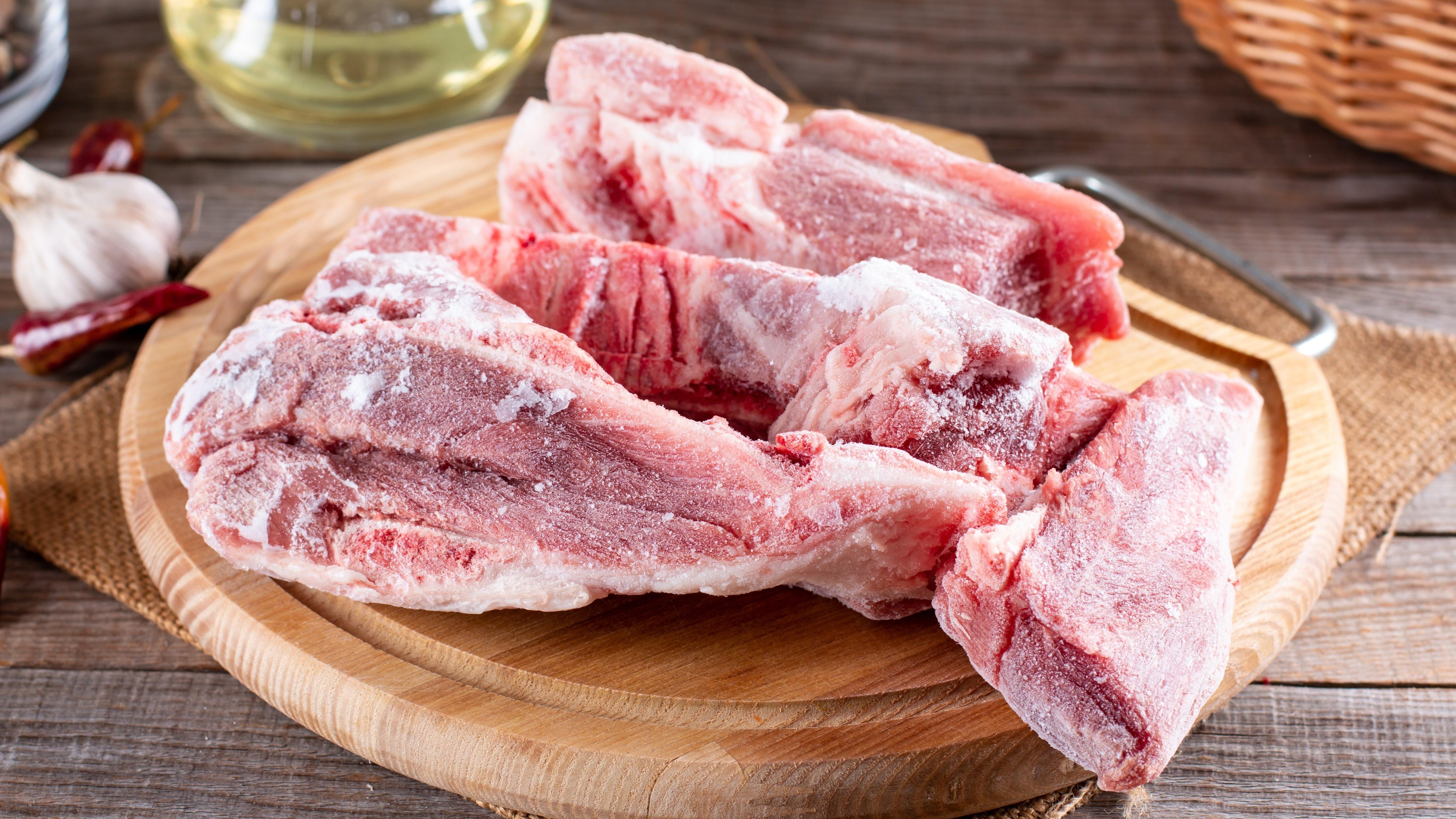
Though there are no food safety concerns over thawing previously frozen and thawed meat or seafood, doing so (once again) creates some issues with texture. Water expands as it freezes, rupturing cellular walls and softening the muscle tissues. It’s not that noticeable after one cycle of freezing and thawing, but putting your steaks, chops, or shrimp through another bout of freezing can render them mushy. (Food that has been thawed and allowed to sit at room temperature for two hours or more, however, should never be re-frozen, due to microbial growth.)
Delicate fruits and vegetables
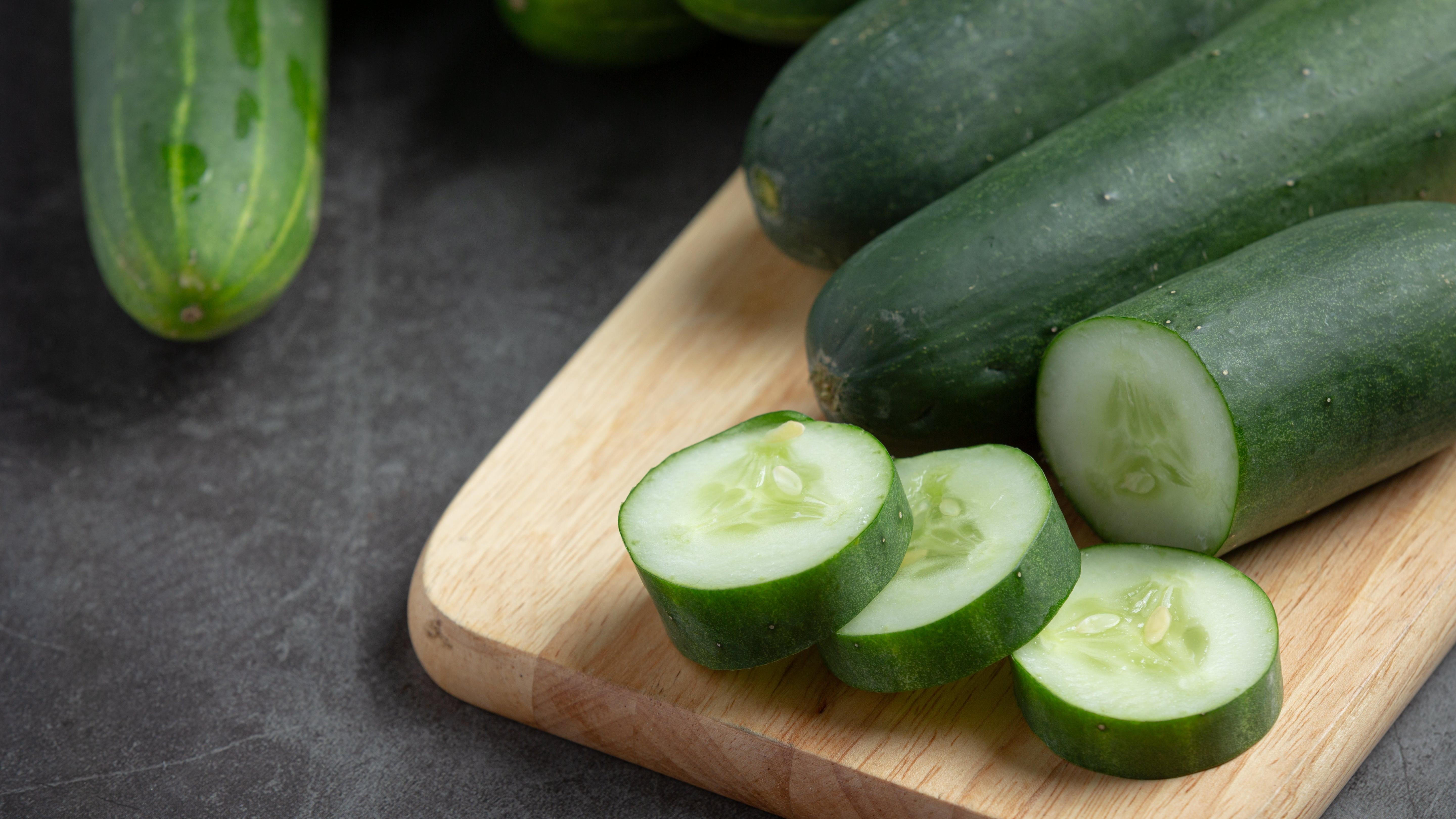
Blanching vegetables can help them retain their texture and flavour while they’re stored in the freezer, but some vegetables (and fruits we refer to as “vegetables”) don’t fare so well even with that extra step. When in doubt, consider the water content and intended use. Cucumbers, zucchini, tomatoes, and celery will all lose a bit their snap and structure when frozen.
If you’re planning on chucking a tomato in some sauce, or some celery into a soup, the softer mouthfeel won’t make much of a difference. (Freezing tomatoes actually makes them super easy to peel.) Just don’t try and add any frozen cucumber slices to your salad, and you’ll be fine. (Save those for a spa treatment instead). Never freeze lettuce or cabbage though, unless you plan to puree them into soup.
Whole, leafy herbs
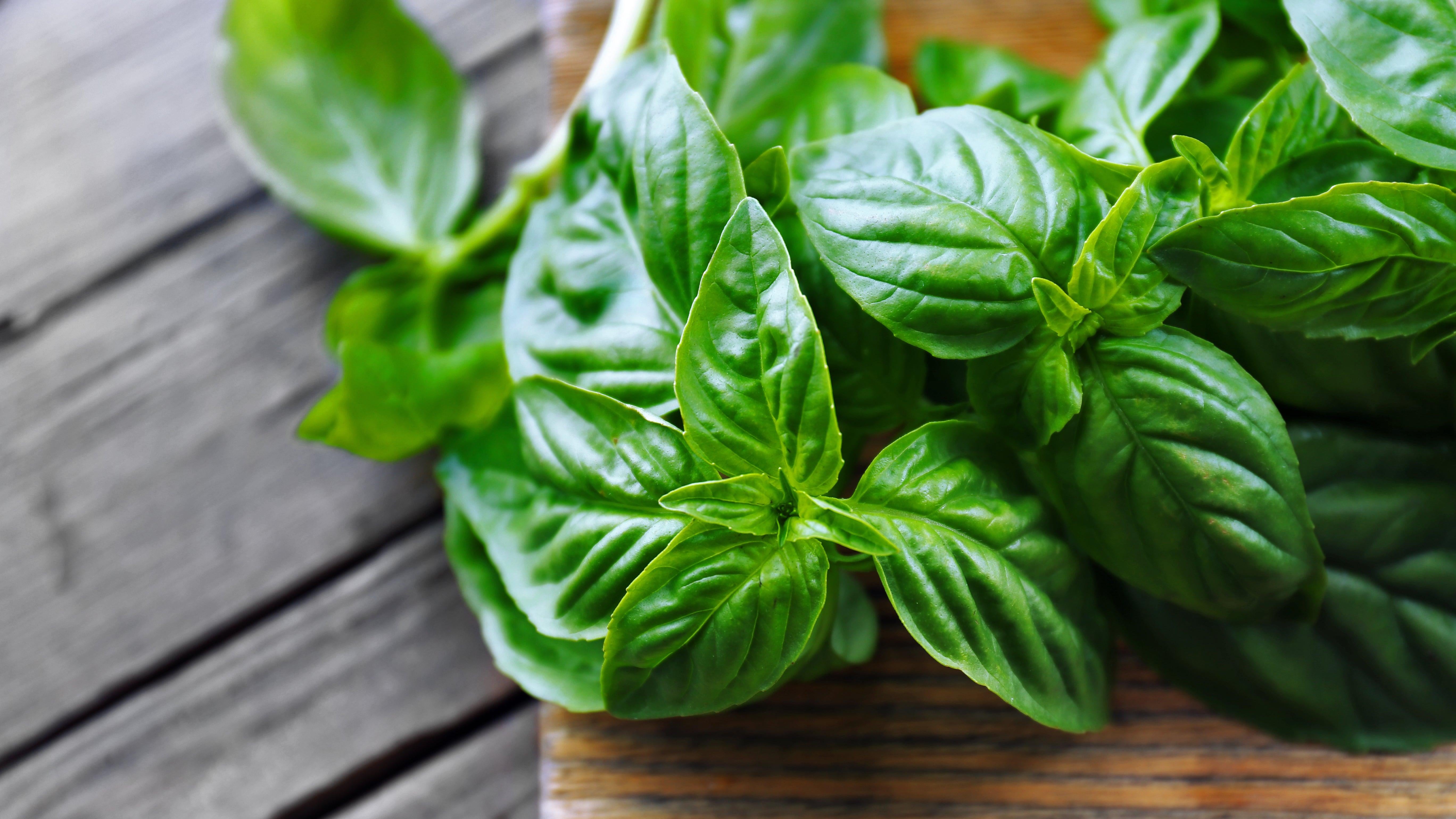
Much like delicate vegetables, leafy herbs like cilantro, basil, and parsley will suffer if chucked into the icebox whole. You can, however, chop them up and mix them with oil, then freeze them flat in plastic bags to preserve their flavour. Hardier, woody herbs, like rosemary can be frozen in freezer bags without any other prep.
Sour cream, yogurt, and cream cheese
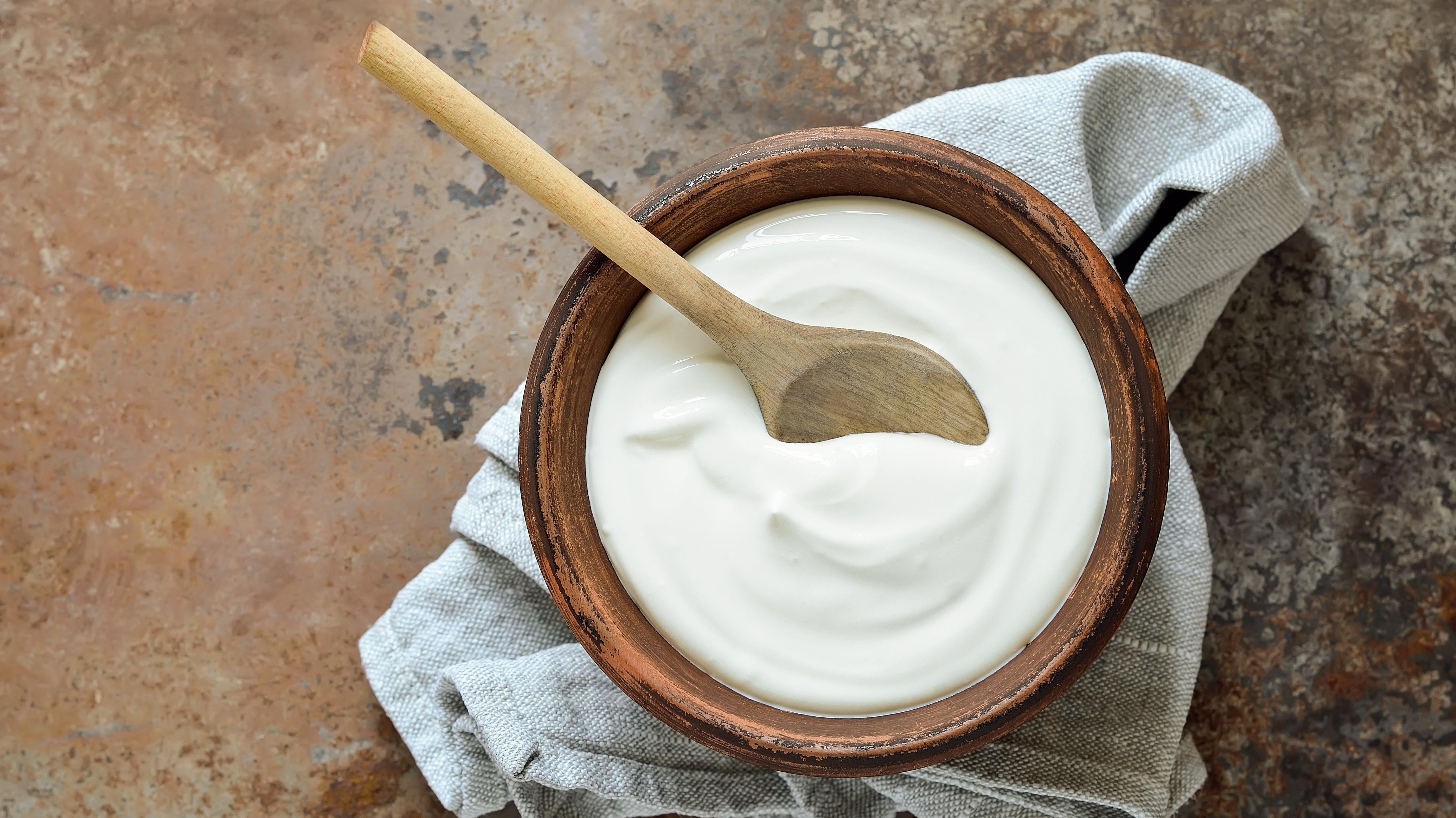
Much like their starting materials, these dairy products can get grainy when frozen, but can still be used in cooking and baking. Refrain from freezing any dairy-based dips, but feel free to use frozen and thawed sour cream in a cake, sauce, or any other recipe that calls for it, except those where the dairy is the primary ingredient. (Frozen and thawed cream cheese would make for a grainy cheesecake, and no one wants that.)
Mayonnaise
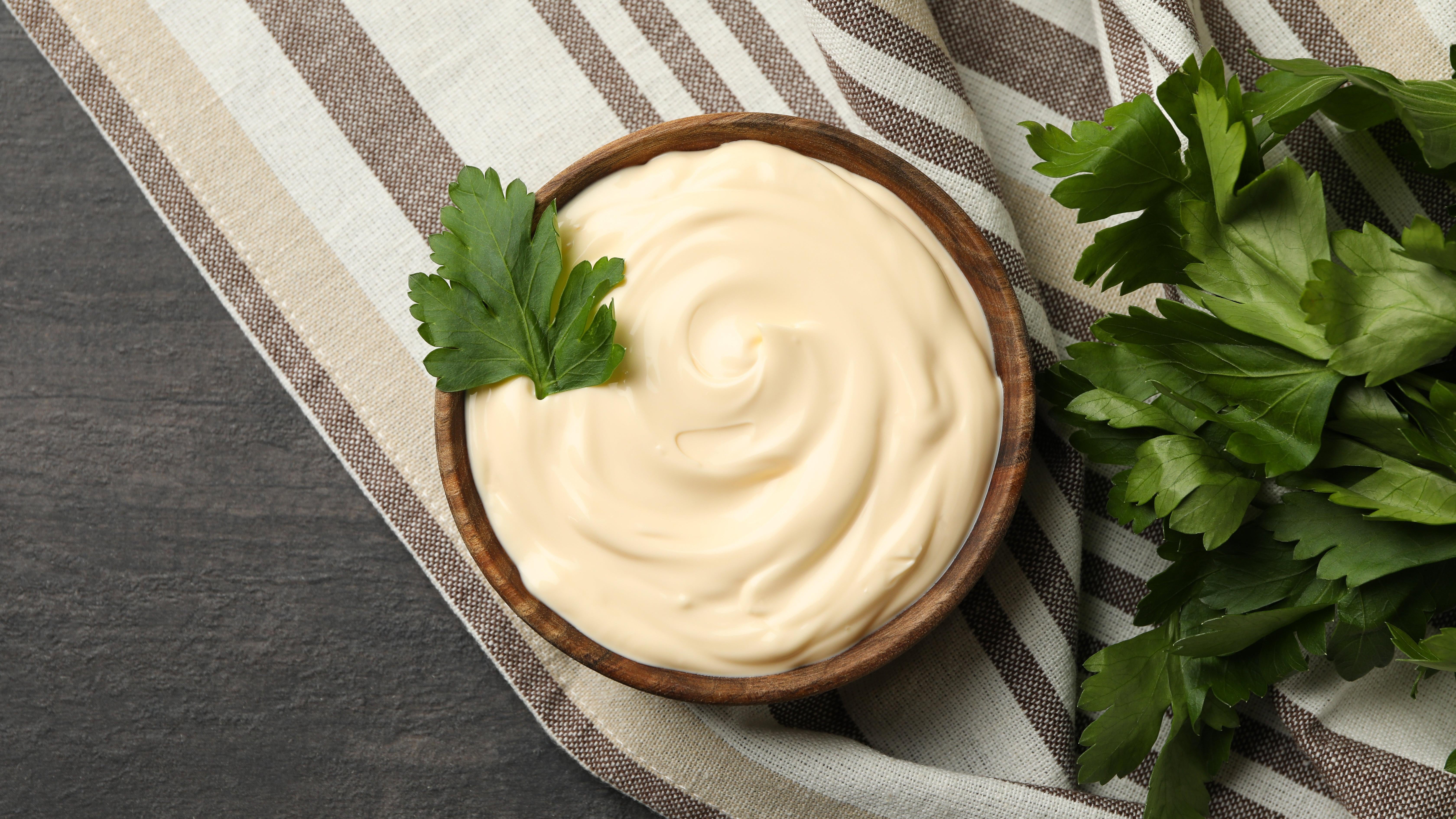
My fridge broke over the summer, and I had to do all of my cooking out of a mini fridge. My annoying situation was rendered even more taxing by the fridge’s wildly unstable temperature: It was always too cold in the back, and the frigid temps partially froze my bottle of Duke’s mayo, which never recovered. It separated into an oily, globby mess, and was completely unusable. Don’t freeze your mayo (or any mayo-based foods) is what I’m saying.
Food you fried yourself
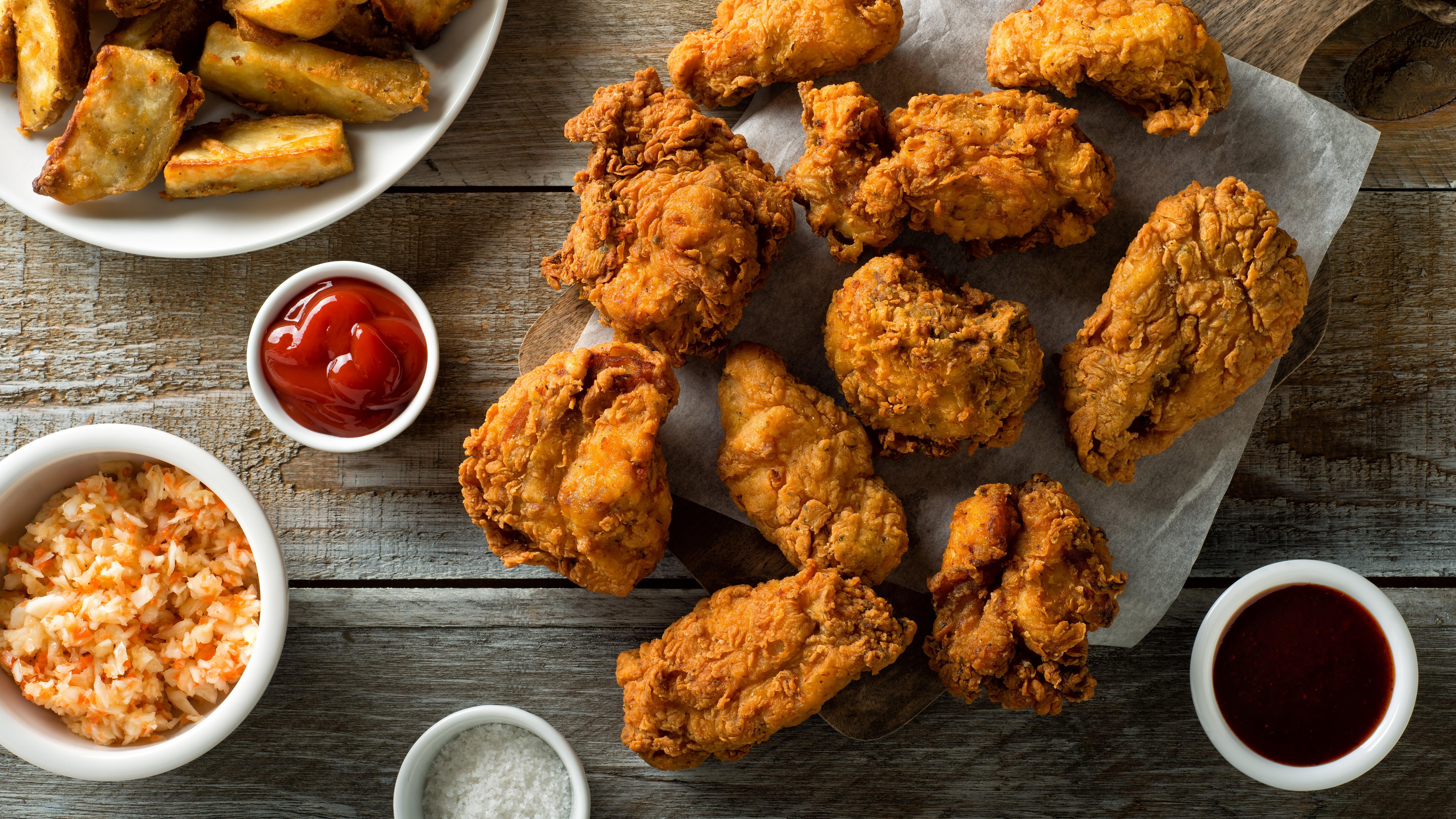
Pre-fried treats like french fries and chicken nuggets are often par-cooked and blast chilled to help them achieve their desired texture when you heat them up in their kitchen, but most of us don’t have access to a blast chiller. Freezing food you personally fried lets the water and oil slowly migrate to the outside, which means your fried chicken will end up soggy — the opposite of what fried chicken should be.
Eggs in the shell
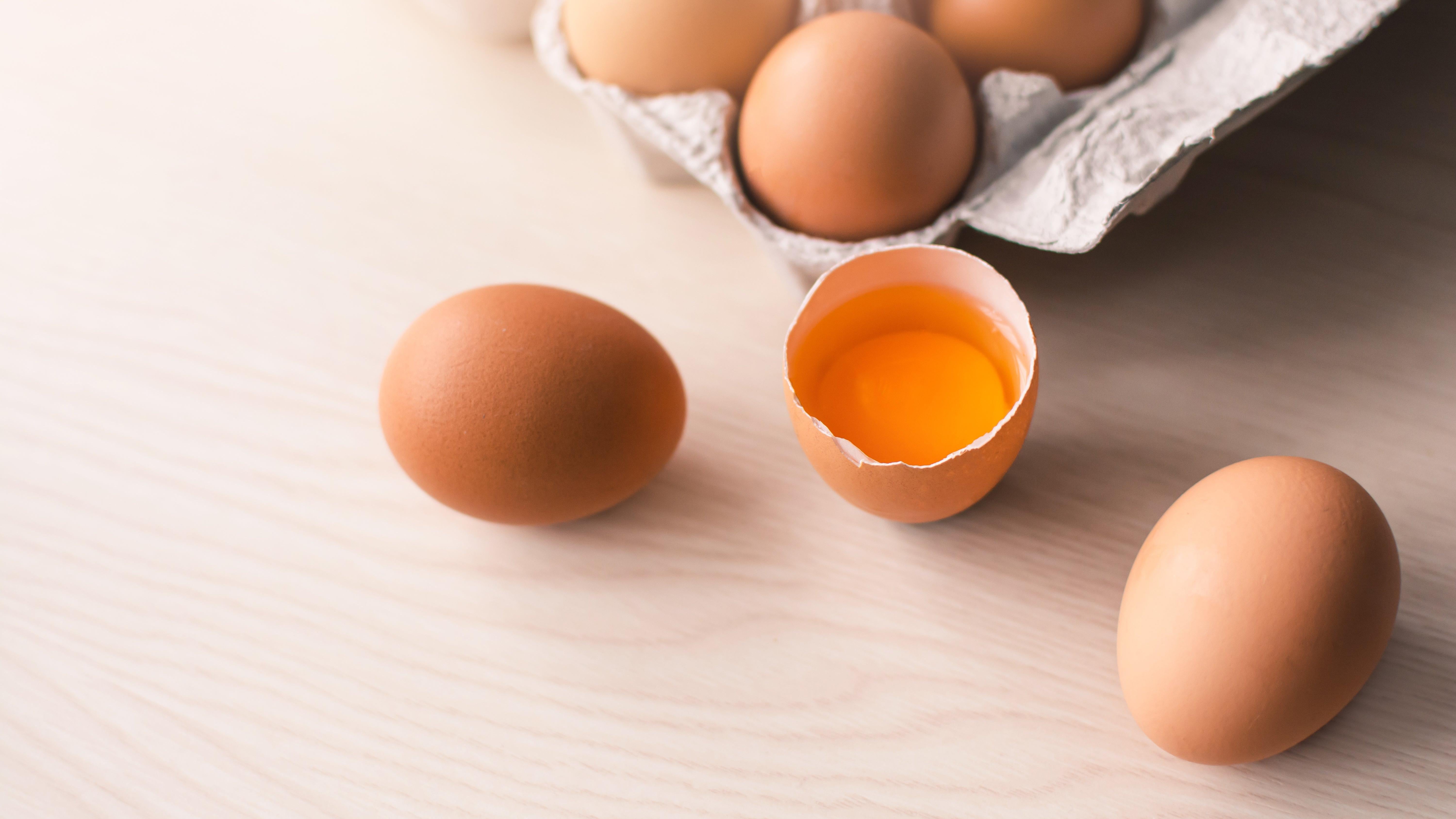
Once more, water is the reason you cannot freeze eggs in their shell. The water inside the egg will expand, causing the shell to crack. If you really need to freeze eggs, make sure to crack them into a silicone ice cube tray with a little cooking spray. (They won’t fry up great, but they can be used in baked applications and scrambles just fine.)
Canned food
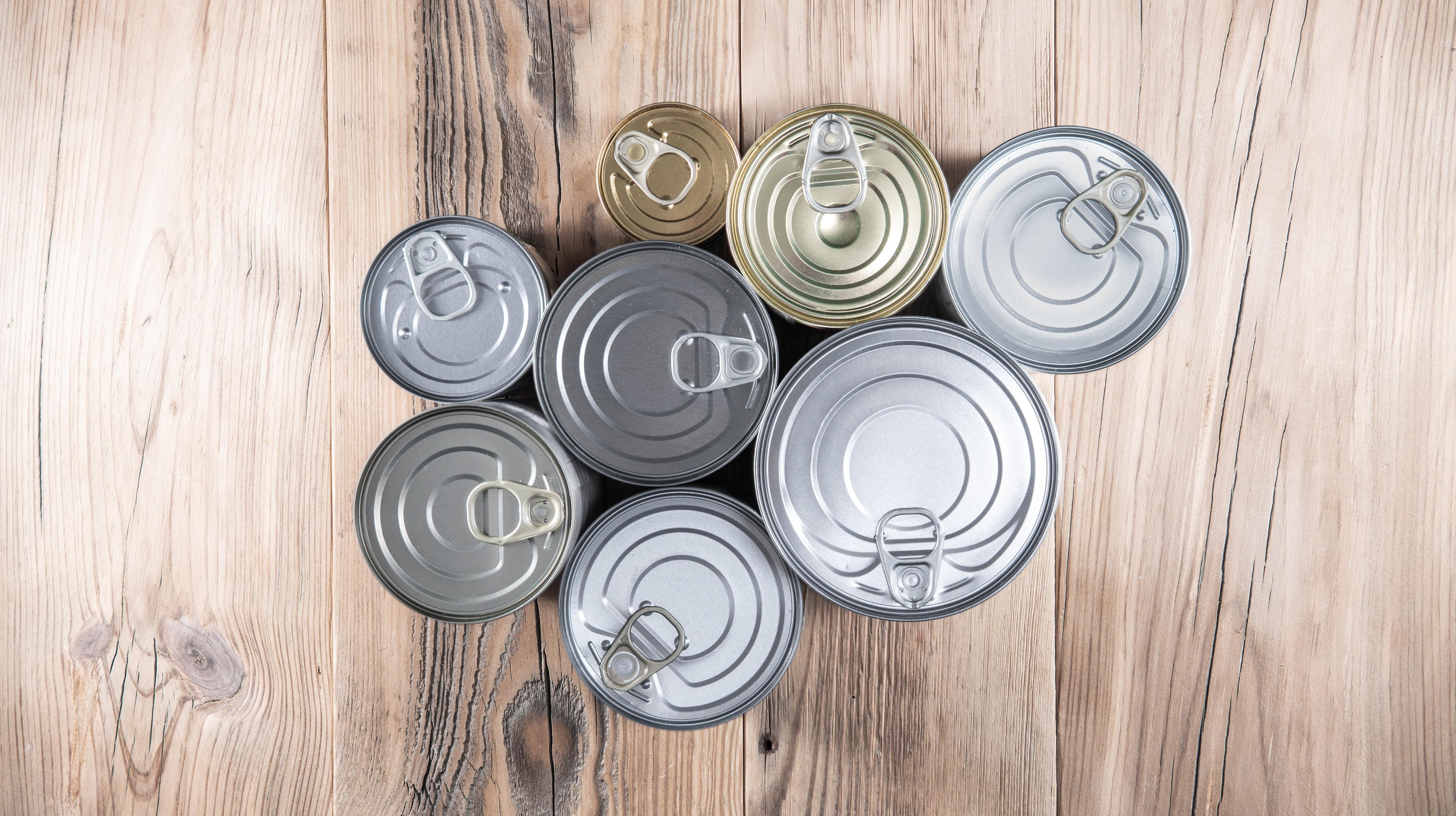
Ignoring the fact that canned food already has a long shelf life, putting sealed cans of food into the freezer is a bad idea. Much like eggs in their shell, any water in the can is going to expand, which can cause it to burst and (potentially) rust. If you simply must freeze those refried beans, make sure you transfer them to a freezer-safe container first.
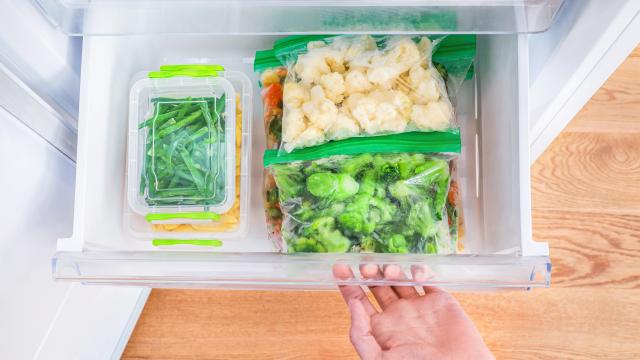
Leave a Reply
You must be logged in to post a comment.